Molycop Research and Support Engineer Rocío Santos helps metallurgists and process engineers harness the power of electrochemistry to achieve more consistent, sustainable flotation performance.
Key Facts
- Learn from experience: Join Rocío Santos' Insights webinar on 10 November to explore real-world electrochemical strategies that drive better flotation outcomes.
- Improve performance: Discover how advanced pulp chemistry monitoring can increase recovery, optimise reagent use and enhance sustainability.
- Practical takeaways: Gain clear, actionable guidance on measuring, interpreting and applying electrochemical data directly in plant environments.
On 10 November, Rocío will lead an Insights webinar focused on electrochemistry in sulfide flotation. Participants will gain practical guidance on:
- how to obtain reliable electrochemical measurements in plant environments
- the impact of pulp chemistry on grinding and flotation
- strategies for applying electrochemical insights to improve recoveries.
“This is about giving metallurgists, operators and process engineers tools they can use immediately,” Rocío says.
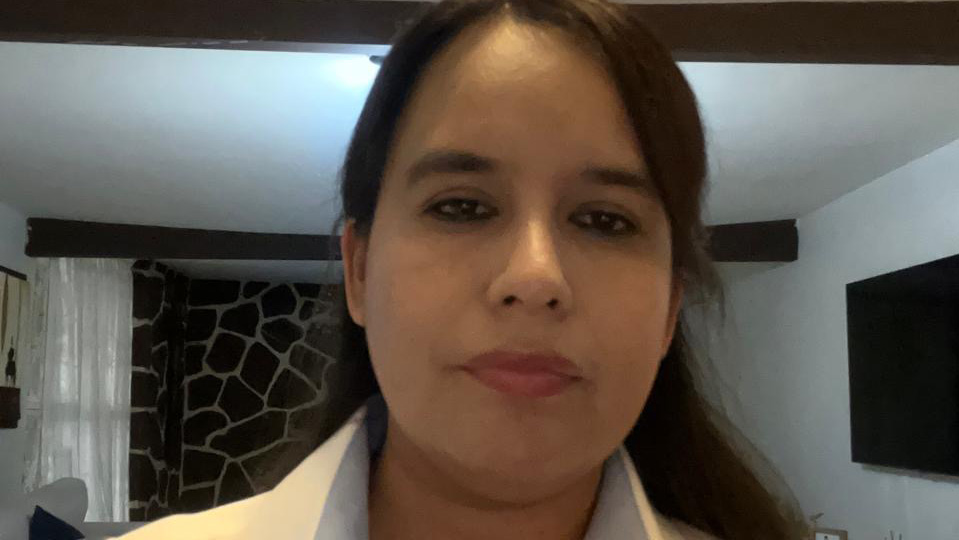 Molycop Research and Support Engineer Rocío Santos.
Molycop Research and Support Engineer Rocío Santos. Driving impact for customers
When Molycop Research and Support Engineer Rocío Santos speaks about electrochemistry and flotation, it comes from deep expertise and lived experience. She recalls her experience growing up in a mining family and how her early exposure to processing plants sparked a fascination with the science that drives the industry"As a child, visiting the plant and watching the processes left a mark on me. Those moments made me curious about how things worked and inspired my path into metallurgical and process engineering.
That curiosity has since grown into a career defined by technical excellence, continuous learning and a commitment to helping operations solve real challenges.
Rocío’s foundation lies in metallurgical and chemical labs, where she developed a broad perspective across the mining value chain – from exploration samples through to final products.
As a Research and Support Engineer in Molycop’s Flotation Process team, Rocío works at the intersection of research and operations. Day-to-day, her role involves building trust with customers, analysing their processes and collaborating to unlock opportunities for improvement.
She says:
From advising on reagent strategies to conducting in-plant assessments, the goal is always the same: to help our partners achieve better, more sustainable outcomes.
The importance of electrochemistry in flotation
One of Rocío’s core areas of expertise is electrochemistry in sulfide flotation – an area of growing importance as ore grades decline and clay content increases across operations in Latin America and beyond.“Electrochemistry has been part of metallurgy for decades, but it’s more relevant than ever,” she explains. “Traditional measurements like pH are not enough. In the pulp, chemical reactions are constantly occurring. Understanding the interaction between valuable and non-valuable minerals is critical to achieving consistent recovery.”
Better pulp chemistry monitoring can lead directly to more sustainable operations – saving on reagents, boosting recovery and identifying the influence of complex mineral species.
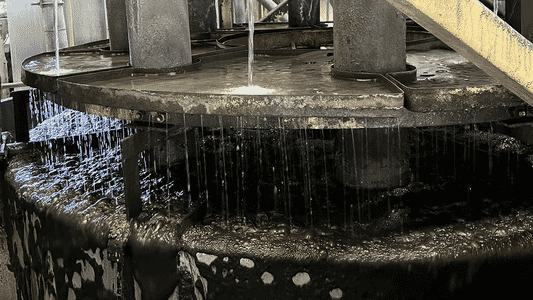

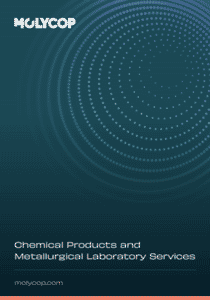
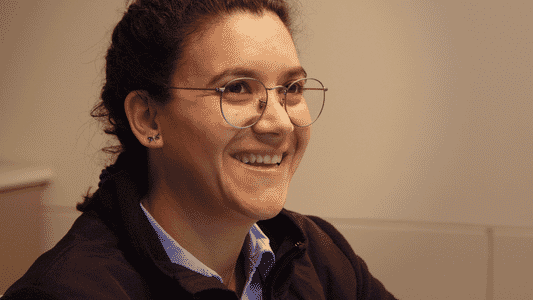
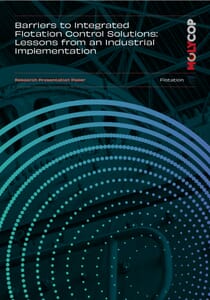
.png?h=300)
